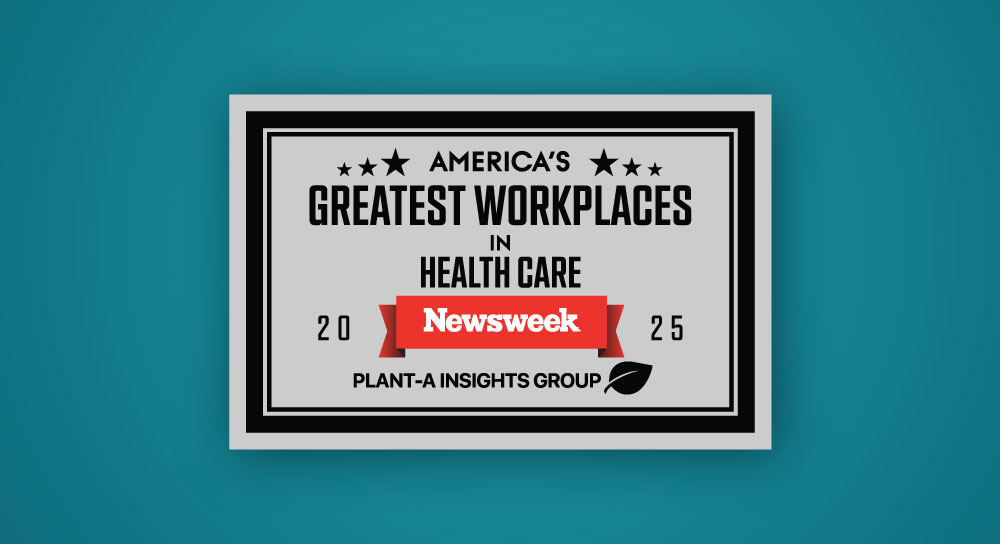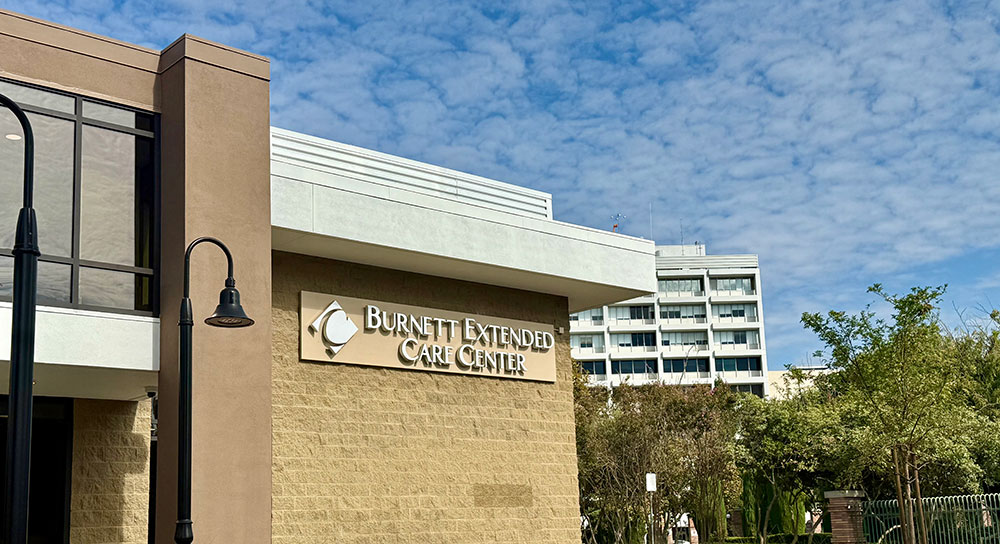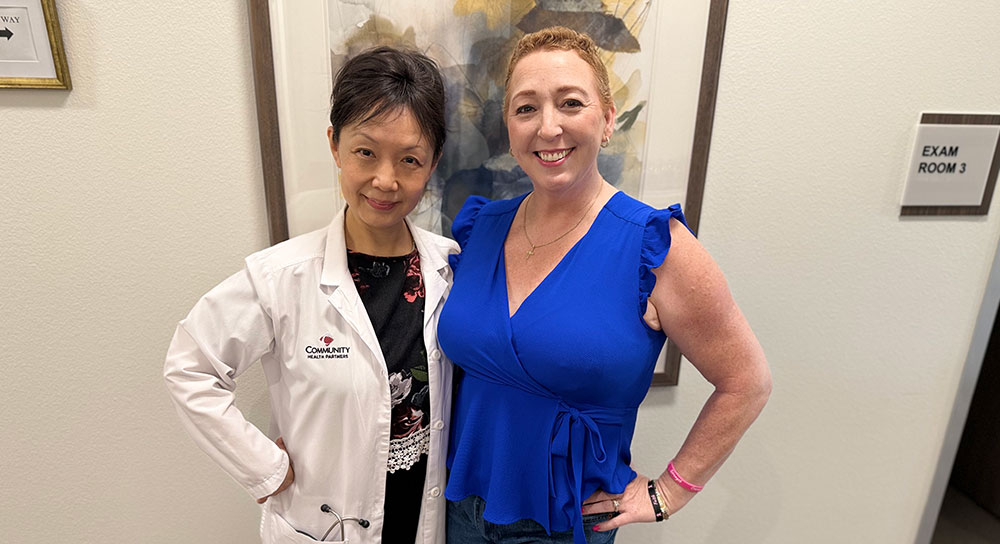As the fight against the COVID-19 pandemic continues, you may be tempted to avoid medical facilities at all costs. However, it’s just as important now to address potential warning signs of health concerns, especially heart issues.
Drenda Montgomery, R.N., director of cardiovascular services at Community Medical Centers, has suffered from three heart attacks. She describes her own history of ignoring symptoms: “By me ignoring my symptoms, I was a fraction of [a] hair from being dead … So I think that it's critically important for patients, that if they notice signs and symptoms, or if they have something that's changed within them, and that something doesn't feel right, that they really do need to get it checked out.”
Don’t let fear of COVID-19 keep you from the ER
Although medical facilities are the main source of care for COVID-19-positive patients, there are safety measures that have been put into place to protect those seeking care who are not COVID-19 positive.
“They really do need to realize that probably one of the safer places to be is in the hospital, because we've put in all of the proper mechanisms for managing the population and keeping the patient safe. So I would say if you are having symptoms, absolutely come to the ER, call your doctor, see your healthcare provider to get treatment,” Montgomery says.
Safety measures at Community Medical Centers’ facilities include:
-
Personal protective equipment (PPE) such as masks, eye shields, gloves and gowns that are worn by all caregivers and changed before and after each patient is seen
-
Separation and quarantining of COVID-19-positive patients or those suspected of having COVID-19 from non-COVID-19 patients to prevent cross contamination
-
Masking of all patients and visitors
-
Negative air flow handling systems that prevent air from COVID-19-positive patients from circulating to other areas in the hospital
Seek care when you notice a change or new symptoms
The American Heart Association says that while there are some heart attacks that are sudden and intense, oftentimes they begin with mild pain or discomfort. While some symptoms are less severe than others in terms of intensity, it’s imperative to treat these symptoms seriously and seek the care of a physician as soon as you notice a difference in how your body is behaving.
The American Heart Association also notes there are differences in heart attack symptoms in men and women. Women are more likely to experience symptoms such as:
-
Cold sweats
-
Nausea
-
Lightheadedness or fainting
-
Shortness of breath with or without chest pain
Because symptoms of poor heart health can vary, it’s important to be aware of your body and to seek care if you notice a change. Montgomery says her symptoms varied with each attack.
“In all three of my heart attacks, I had different symptoms, but it was a change for me. I knew that something wasn't quite right and that I shouldn't have a hot poker and … heat radiating across my chest and to my shoulder when I was walking upstairs,” she says. “But then another time was shortness of breath when I got up in the middle of the night to go to the bathroom. So I really think it's different for everybody. The key is knowing that you have a change in your own body of how you normally feel.”
Montgomery describes how in the beginning of COVID-19, there was a trend in patients waiting too long to seek care. “We definitely saw late last spring that the patients were too afraid to come into the hospital because they thought that they would get sick. So they stayed home. And then when they did finally get so sick that they came in, we couldn't save them. We were losing patients at a higher rate for illnesses that we could have treated had they come in earlier.”
Her advice for avoiding a potential life threatening emergency is simple: “Don't be afraid to tell [your doctor] … You need to still take care of your health, and don't let the fear of the virus potentially hurt you in any other way.”





